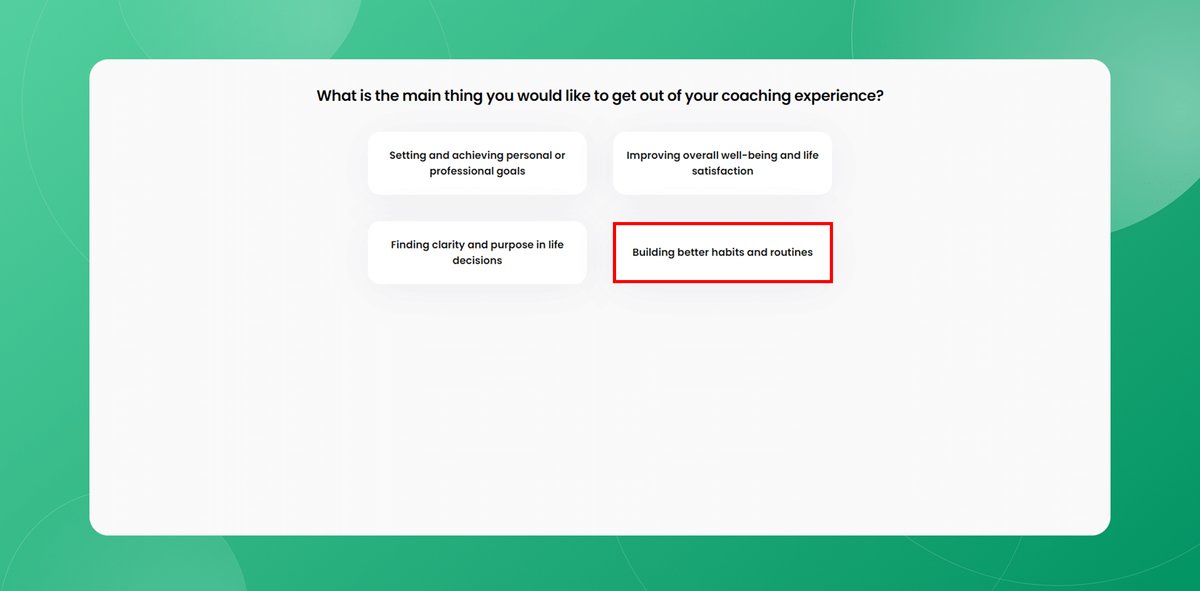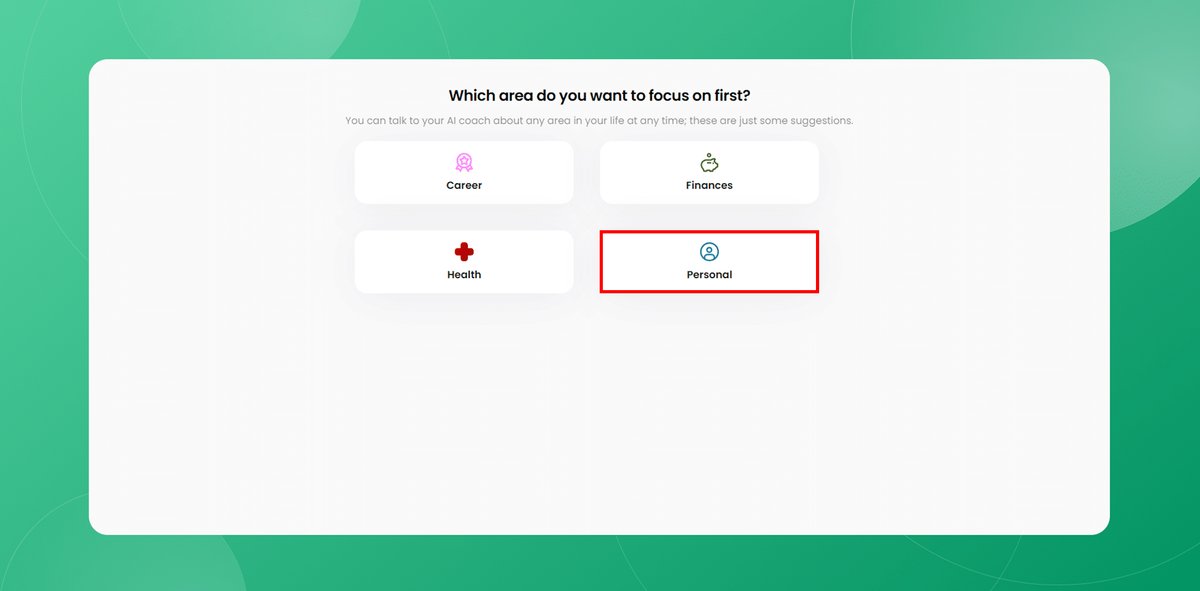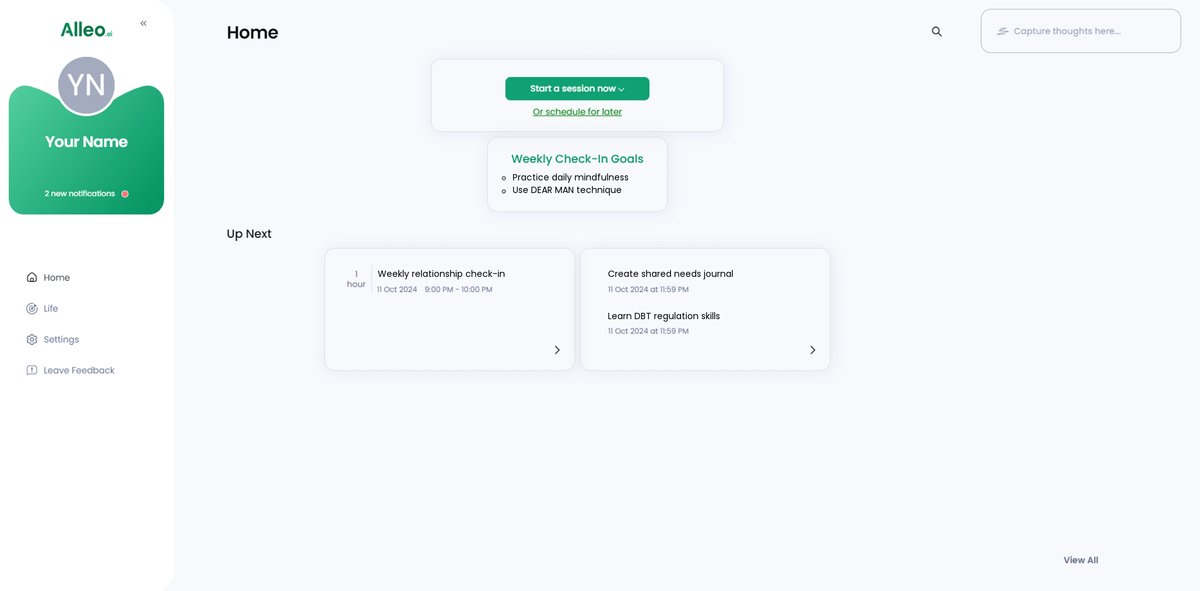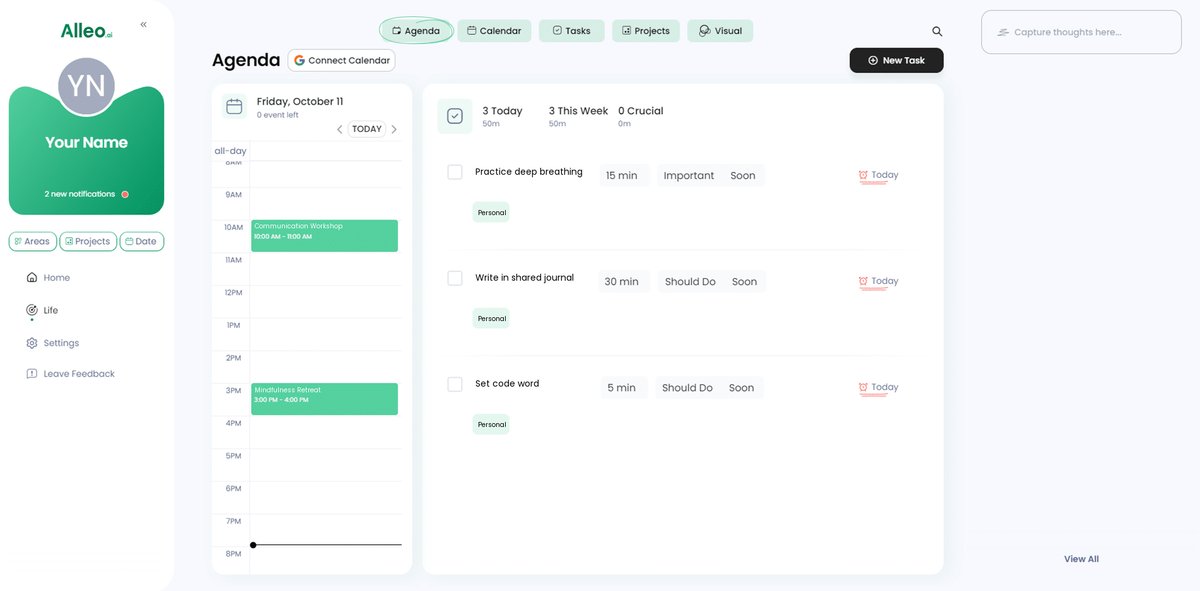How to Communicate Relationship Needs Effectively: The Ultimate Guide for Impulsive Personalities
Ever blurted out something you regret in the heat of the moment? Carrie has been there too. Managing impulsive reactions in relationships can be challenging, but it’s essential for maintaining healthy connections.
As a life coach, I’ve helped many women navigate these challenges. In my experience, impulsive reactions often lead to misunderstandings and strained relationships. Developing effective communication strategies is key to overcoming these issues.
In this blog, you’ll discover strategies to improve your communication, including:
- Mindfulness practices for better communication
- Assertive techniques for expressing emotional needs
- Emotional regulation skills
Let’s dive in and explore how to manage impulsive reactions in relationships.

Understanding the Impact of Impulsive Reactions in Relationships
When you react impulsively, it often leads to misunderstandings. Many clients initially struggle with managing impulsive reactions in relationships, which strains their connections and hinders effective communication strategies.
Impulsive reactions can cause hurt feelings and foster resentment. In my experience, people with impulsive personality traits often find that their impulsive comments create unnecessary conflicts, making it challenging to express emotional needs appropriately.
The pain from these conflicts can be significant. Misunderstandings and emotional turmoil often leave you feeling alone and misunderstood, highlighting the importance of developing emotional regulation skills.
I’ve seen several clients report feeling overwhelmed by the consequences of their actions. This can lead to a cycle of frustration and regret, emphasizing the need for active listening techniques and conflict resolution for impulsive partners.
It’s crucial to address these impulsive tendencies. Managing impulsive reactions in relationships can help you navigate your relationship milestones and expectations more effectively, incorporating mindfulness practices for better communication and setting boundaries in relationships.

Creating Effective Communication Strategies for Impulsive Personalities
Managing impulsive reactions in relationships requires a few key steps. Here are the main areas to focus on to make progress:
- Practice mindfulness to pause before speaking: Daily mindfulness practices can help you pause and think, improving communication for impulsive personalities.
- Use “DEAR MAN” technique for assertive requests: This nonviolent communication method helps you express emotional needs respectfully.
- Develop a code word for overwhelm or timeout: A code word signals the need for a break in stressful situations, aiding in setting boundaries in relationships.
- Create a shared “needs and concerns” journal: This journal fosters open and honest communication, enhancing conflict resolution for impulsive partners.
- Schedule regular check-ins for open dialogue: Consistent check-ins ensure ongoing communication and active listening techniques.
- Learn and apply DBT emotional regulation skills: DBT skills help you manage emotions effectively, addressing impulsive personality traits.
Let’s dive in to these effective communication strategies!
1: Practice mindfulness to pause before speaking
Practicing mindfulness helps you pause and think before reacting impulsively, which is crucial for managing impulsive reactions in relationships.
Actionable Steps:
- Start with daily mindfulness exercises: Spend 5 minutes each morning practicing deep breathing. Use mindfulness apps to guide you through short meditation sessions, enhancing your emotional regulation skills.
- Create a pause habit: Count to 10 before responding in emotionally charged situations. Keep a personal mantra to remind yourself to pause, such as “Breathe and think,” which is an effective communication strategy.
Explanation: Practicing mindfulness helps you develop the habit of pausing and thinking before reacting. This can significantly reduce misunderstandings and emotional outbursts in your relationships, improving empathy in impulsive individuals.
For more insights on managing impulsive behaviors, you can explore this article on impulsive behavior.
Starting with small, consistent mindfulness practices can pave the way for more thoughtful communication and help in managing impulsive reactions in relationships.
Key benefits of mindfulness in communication:
- Reduces reactive responses
- Enhances emotional awareness
- Improves active listening techniques
Developing these habits can transform your interactions, making your responses more measured and considerate, which is essential for conflict resolution for impulsive partners.
Let’s move on to the next strategy.

2: Use “DEAR MAN” technique for assertive requests
Using the “DEAR MAN” technique helps you communicate your needs and feelings assertively without escalating conflicts, which is crucial for managing impulsive reactions in relationships.
Actionable Steps:
- Describe the situation clearly and objectively: Focus on specific events without interpreting or judging them, applying active listening techniques.
- Express your feelings and needs assertively without blaming: Use “I” statements to convey your emotions and what you need, effectively expressing emotional needs.
- Reinforce the positive outcomes of getting what you want: Highlight how meeting your needs benefits both you and your partner, improving empathy in impulsive individuals.
Explanation: These steps help you communicate more effectively, reducing misunderstandings and fostering healthier interactions, which is essential for conflict resolution for impulsive partners.
For more details on assertive communication techniques, check out this DBT resource. Applying these methods can significantly enhance your relationship communication and help in managing impulsive reactions in relationships.
Mastering the “DEAR MAN” technique can transform your communication style, making your requests clear and respectful, which is particularly helpful for those with impulsive personality traits.
Let’s move on to the next strategy.
3: Develop a code word for overwhelm or timeout
Using a code word helps you and your partner manage impulsive reactions in relationships, especially during stressful situations, without escalating conflicts.
Actionable Steps:
- Choose a neutral code word together: Select a word like “pause” or “timeout” that signals the need for a break, aiding in managing impulsive reactions in relationships.
- Agree on usage rules: Decide when and how to use the code word to ensure both partners understand its purpose, enhancing effective communication strategies.
- Practice in low-stress situations: Use the code word during calm conversations to build the habit and ensure effectiveness, improving emotional regulation skills.
Explanation: These steps matter because they offer a non-confrontational way to manage overwhelming moments, promoting healthier communication and helping set boundaries in relationships.
For more insights on managing impulsive behaviors, explore this article on attention-seeking behavior.
Establishing this practice can reduce misunderstandings and emotional outbursts, fostering a more supportive relationship and aiding in conflict resolution for impulsive partners.
Implementing a code word can transform your interactions, making it easier to navigate challenging conversations and express emotional needs effectively.
Let’s move on to the next strategy.

4: Create a shared “needs and concerns” journal
Creating a shared “needs and concerns” journal can foster open communication and mutual understanding in your relationship, which is crucial for managing impulsive reactions in relationships.
Actionable Steps:
- Set up a shared journal: Use a physical notebook or a digital app to jot down thoughts. Agree on a regular time to review the journal together, practicing active listening techniques.
- Encourage open and honest entries: Write about your needs and concerns without judgment. Respond to each other’s entries with empathy and solutions, focusing on expressing emotional needs effectively.
Explanation: These steps matter because they promote transparency and understanding, reducing misunderstandings and emotional conflicts, which is essential for managing impulsive reactions in relationships.
This practice aligns with the trend of developing effective communication strategies to reduce reliance on attention-seeking behaviors. For more insights, check out this article on attention-seeking behavior.
Implementing this habit can enhance your relationship by fostering a deeper connection and mutual support, particularly beneficial for impulsive personality traits.
Benefits of a shared journal:
- Promotes regular reflection
- Encourages empathy and understanding
- Creates a safe space for vulnerability
This strategy can significantly improve your communication, making it easier to address your needs and concerns effectively, while also serving as a tool for emotional regulation skills and setting boundaries in relationships.
Let’s move on to the next strategy.

5: Schedule regular check-ins for open dialogue
Scheduling regular check-ins ensures consistent communication and helps address issues before they escalate, which is crucial for managing impulsive reactions in relationships.
Actionable Steps:
- Set a specific day and time each week: Choose a consistent schedule that works for both of you to build a reliable routine and practice effective communication strategies.
- Start with positive feedback before concerns: Begin check-ins by appreciating each other, then discuss areas that need improvement, focusing on expressing emotional needs.
- End with actionable steps and agreements: Conclude each session by agreeing on specific actions to enhance your relationship and improve emotional regulation skills.
Explanation: These steps matter because they foster ongoing communication, reducing misunderstandings and emotional conflicts, which is essential for managing impulsive reactions in relationships.
Regular check-ins ensure that both partners feel heard and valued, promoting active listening techniques and conflict resolution for impulsive partners.
For more insights on effective communication in relationships, check out this article on navigating relationship complexities.
Implementing consistent check-ins can significantly strengthen your relationship and help in setting boundaries in relationships.
This strategy can ensure that your relationship remains healthy and supportive, while improving empathy in impulsive individuals.
Let’s move on to the next strategy.

6: Learn and apply DBT emotional regulation skills
Learning and applying DBT emotional regulation skills can help you manage emotions effectively, enhancing communication and managing impulsive reactions in relationships.
Actionable Steps:
- Enroll in a DBT course: Find a local or online DBT course to learn emotional regulation skills for impulsive personality traits. Commit to attending all sessions and practicing the skills taught.
- Practice mindfulness and distress tolerance: Use techniques like deep breathing during stressful moments to stay calm. Apply these mindfulness practices for better communication daily to build emotional resilience.
- Use interpersonal effectiveness strategies: Implement DBT strategies in everyday interactions to improve communication. Practice active listening techniques and assertive communication for expressing emotional needs.
Explanation: These steps matter because they help you manage intense emotions, leading to healthier interactions and effective communication strategies. For more details on DBT, you can explore this DBT resource.
Implementing these skills can significantly enhance your emotional regulation and relationship communication, crucial for managing impulsive reactions in relationships.
Core DBT skills for emotional regulation:
- Identifying and labeling emotions
- Increasing positive emotional events
- Taking opposite action
Mastering DBT skills can transform your interactions, making your responses more measured and considerate, improving empathy in impulsive individuals.
Let’s move on to using Alleo for personalized support.
Partner with Alleo for Better Communication
We’ve explored the challenges of effective communication for impulsive personalities and the steps to improve it. Did you know you can work directly with Alleo to make this journey easier and faster, especially when it comes to managing impulsive reactions in relationships?
Setting up an account with Alleo is simple. Create a personalized plan tailored to your needs, focusing on improving empathy in impulsive individuals and developing emotional regulation skills.
Alleo’s coaching support is affordable and comprehensive, offering full coaching sessions like any human coach. We provide guidance on effective communication strategies and nonviolent communication methods.
Alleo follows up on your progress, handles changes, and keeps you accountable via text and push notifications. This approach helps reinforce active listening techniques and conflict resolution for impulsive partners.
Ready to get started for free? Let me show you how to begin managing impulsive reactions in relationships and setting boundaries effectively!
Step 1: Logging in or Creating an Account
To begin your journey towards better communication, log in to your Alleo account or create a new one if you haven’t already, allowing you to access personalized coaching support tailored to your communication needs.

Step 2: Choose “Building better habits and routines”
Click on “Building better habits and routines” to focus on developing consistent practices that will help you manage impulsive reactions and improve your communication skills in relationships.

Step 3: Select “Personal” as Your Focus Area
Choose “Personal” as your focus area to address communication challenges and impulsive reactions, aligning with the strategies outlined in the blog for improving relationships and emotional regulation.

Step 4: Starting a coaching session
Begin your journey with Alleo by scheduling an intake session, where you’ll discuss your communication challenges and create a personalized plan to improve your relationships.

Step 5: Viewing and managing goals after the session
After your coaching session, open the Alleo app to find your discussed goals conveniently displayed on the home page, allowing you to easily track and manage your progress towards better communication and emotional regulation.

Step 6: Adding events to your calendar or app
Use the Alleo app’s calendar and task features to schedule your regular check-ins, mindfulness sessions, and DBT practice times, allowing you to easily track your progress in improving communication and managing impulsive reactions.

Wrapping Up: Your Path to Better Communication
You’ve learned valuable strategies to improve your communication and manage impulsive reactions in relationships. By practicing mindfulness, using the “DEAR MAN” technique for expressing emotional needs, and creating a shared journal, you can transform your interactions and develop effective communication strategies.
Remember, effective communication is key to healthy relationships. Implementing these steps will help you manage impulsive reactions and develop emotional regulation skills. Active listening techniques and nonviolent communication methods are essential for conflict resolution with impulsive partners.
Feel confident taking these steps to improve empathy in impulsive individuals. They will make a difference in setting boundaries in relationships.
I understand the challenges you face with impulsive personality traits. You’re not alone in your journey to better manage impulsive reactions in relationships.
Let Alleo guide you further with mindfulness practices for better communication. Personalized support is just a click away.
Start your journey toward better communication today. Try Alleo for free and see the positive changes in your relationships as you work on managing impulsive reactions!